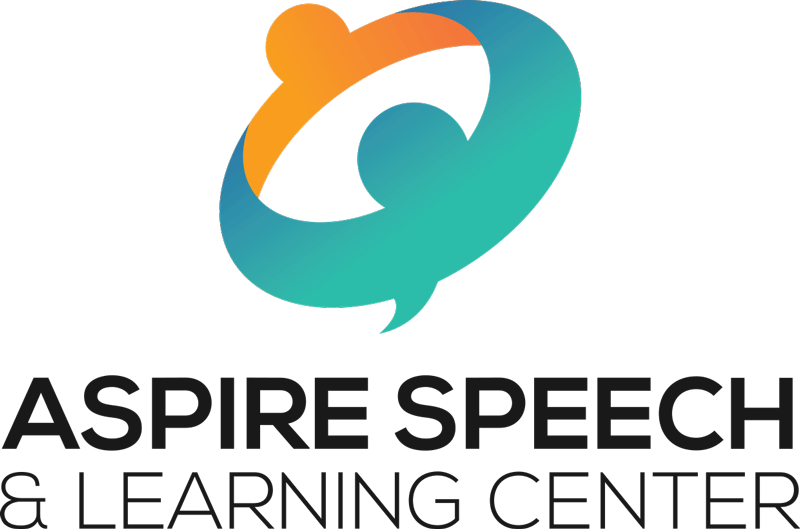The amount of meaningful language young children hear can make a big difference in the development of their language skills. One of these strategies that parents can use to aid development of these skills is Self-Talk.
Self-Talk is talking out-loud about what you are doing as you are engaged in an activity. We often hear people say, “oh no, I’m talking to myself again”, which is ok as long as they don’t answer themselves. But actually, if you have young children at home, you want to talk to yourself and answer as well. When parents are involved in activities of daily life, the child may be in the room but not directly involved. Granted, it may be easier just to go about the task, concentrating on getting it done. However, these are great opportunities for meaningful language stimulation.
In Self-Talk, the parent is telling the child what s/he is doing, seeing and thinking. For example: “Oh, the floor is so dirty. I need to clean it. Here is my broom, sweep, sweep. I see dirt under the table. Sweep, sweep with the broom. Sweep the dirt into the dust pan. Throw the dirt in the trash. All done. Now the floor is clean.”
It may seem strange at first, but it is important in stimulating language. Remember you are talking to yourself, so don’t expect your child to respond. In Self-Talk parents can expose their children to new vocabulary and concepts as well as showing them by example, how words are put together in sentences.
Author – Lorraine Bukilica, MA. CCC-SLP
Speech Pathologist
Aspire Speech & Learning Center
